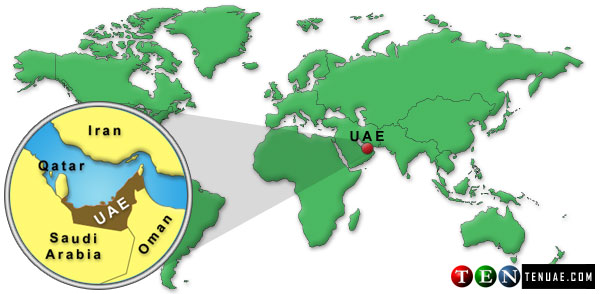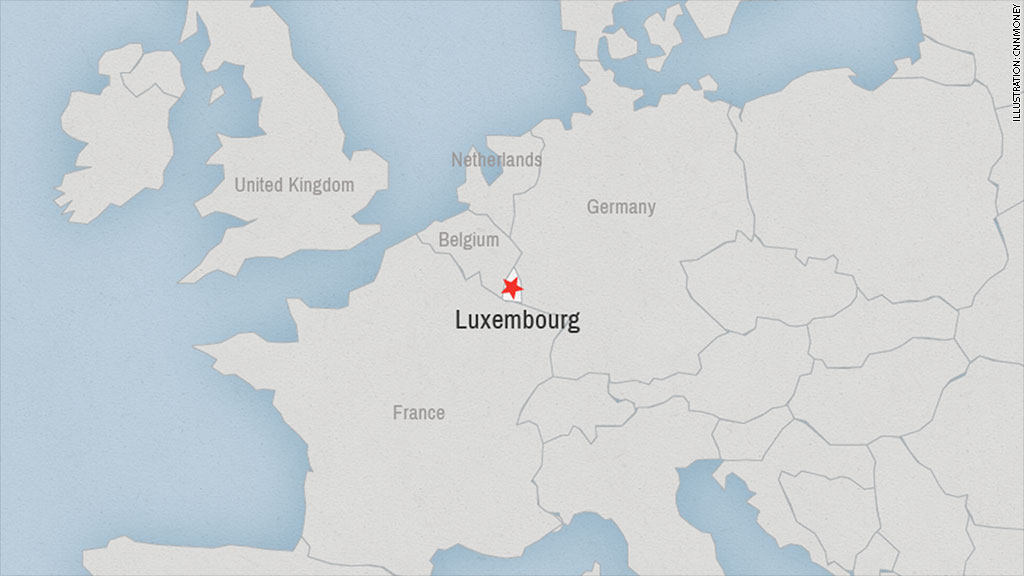There are only a few nations with serious space launch capability. A few other nations are working on building their own infrastructure to launch space missions. All the other countries have to rely on purchasing launch services from countries which do have their own space programs. Recently a couple of small countries that have no serious space programs have announced serious ambitions to enter the exploration and exploitation of space.
The United Arab Eremites is a small country in the Middle East on the east coast of the Arabian Peninsula just north of Oman. It has a population of about ten million with one and a half million Emerati citizens and eight and a half million expatriates. Its oil reserves are the seventh largest in the world making it a rich country. It is one of the top ten countries with the highest GDP per capita incomes in the world. The most populated city in the UAE is Dubai which has become a global city and an international aviation hub. The UAE is no stranger to ambitious expensive projects. It is building the world's tallest skyscraper in Dubai and has also announced plans for a brand new climate controlled city.
The UAE has just announced that it intends to develop its own space program and send an unmanned probe to Mars by 2021. The UAE has already invested about six billion dollars in space technology. While it is generally accepted that the UAE has the drive and money to create an indigenous space program, some skeptics say that it will be difficult for the UAE to meet the 2021 deadline for its Mars probe. Only half of the Mars missions in the past have been successful.
Luxembourg is a small country in western Europe. It is bordered by Belgium Germany and France. Its capital, Luxembourg City is one of the three official capitals of the European Union. It is less than a thousand square miles and has a populate near six hundred thousand. It is a highly developed country with an advanced economy and the highest GDP per capita in the world. Financial and banking services account for a large part of its economy.
In the 1980s, Luxembourg invested in an ownership position for a startup satellite company that became an international provider of satellites named SES S.A. SES S.A. owns a fleet of over fifty commercial communication satellites. These satellites provide broadcast television and radio channels as well as satellite communication services to businesses and government agencies around the globe.
Luxembourg has recently announced that it is setting aside over two hundred million dollars to support space projects such as asteroid mining. The government is also considering investing in research and development to send commercial spacecraft beyond Earth orbit. Luxembourg wants to establish the legal and regulatory framework that will convince investors to invest in such enterprises in Luxembourg. Two start-up space industry companies have already announced that they are setting up shop in Luxembourg.
It will be interesting to see what these two small but rich countries will be able to accomplish in the global space industry in the coming decades.

